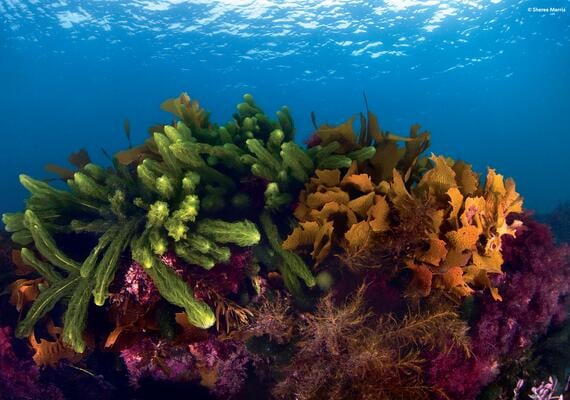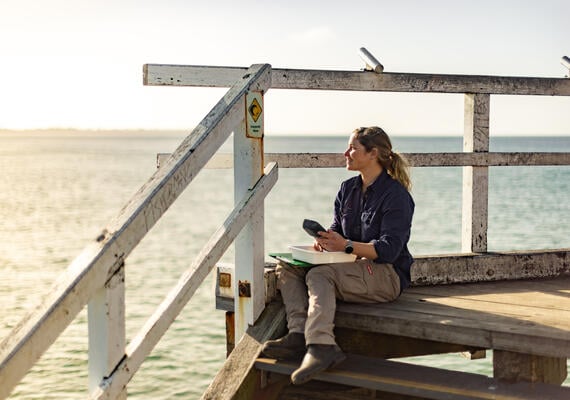
Coral feeding innovation
We are collaborating with leading institutions to advance coral restoration efforts. By developing prototype diets using microencapsulation technology, our research aims to improve the health and growth of captive corals, supporting broader reef restoration initiatives.


